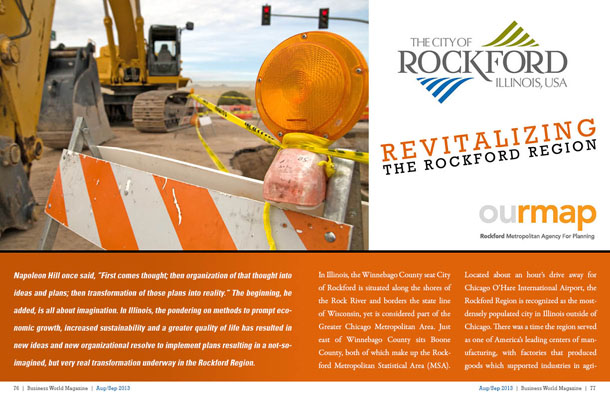
A GREAT big new tax on miners can, it seems, be a recipe for political and economic disaster or a political and financial master stroke. It all depends on the political colour of the government that attempts to tap into the proceeds of a mining boom. The double standards in responses to Western Australia’s budget announcement of a $2 billion hike in iron ore royalties over three years are revealing. Almost lost amid the political agendas is recognition of the ever-more-urgent structural imbalances in Australian economic activity and budgets.
Critics of the Gillard Labor government’s mining tax hail the Barnett Liberal government’s plan for a 33 per cent jump in the state royalty rate by 2014 as a political master stroke. Why? Because it shares the rewards of the mining boom more widely with those who have missed out – just as the federal tax will do – and, in a telling indicator of other agendas, because it threatens to blow a $2 billion hole in the federal budget under the government’s deal with miners to reimburse state royalties.
The federal Coalition, which denounces a Commonwealth tax worth $7.4 billion to the nation, apparently has no concerns about one state’s grab for $2 billion from the same source. The opposition prefers to point to the looming ”black hole” in a federal budget that ”relies on destructive new taxes”. All but ignored are mining industry complaints that the state failed to consult it. Federal Labor was pilloried for this. Opposition Leader Tony Abbott is now focused not on miners’ concerns and jobs but on the WA move’s potential to ”destroy” the forecast federal surplus. He does not seem unhappy about this. Of course, the significance of the 2012-13 surplus promised by the Gillard government is really almost purely political.
However, the WA royalty hike does create a problem for mining investment and development that the federal tax avoided – contrary to wild claims about its impact. The federal tax applies only to companies’ super profits; state royalties are levied on production value. As federal Treasurer Wayne Swan pointed out, royalties are paid ”irrespective of whether the companies are profitable or not”.
Mr Swan is naturally anxious to protect the federal budget. If the Commonwealth allows WA to beggar its neighbours, other states are likely to follow suit. Mr Swan has warned WA that it risks losing GST revenue collected by the Commonwealth and infrastructure grants funded from the mining tax. The federal government is entitled to argue that any state that deliberately reduces the net value to the nation of the resources rent tax should get less of the return in funding for infrastructure such as ports, bridges and roads.
As for the GST, this is the subject of a Grants Commission review, but the allocations formula is based on state revenues. Mr Swan released Treasury advice that WA could forfeit as much GST revenue as it gains in royalties, but the state would initially be ahead.
The bigger picture of reform to resolve the increasing imbalances and inconsistencies in national and state taxation is still largely overlooked. Commentary is dominated by considerations of politics not policy. However, the federal government brought its current predicament upon itself because it failed to accept the Henry tax review’s challenge to overhaul the whole system. Its mining tax was a highly compromised, political creature.
Labor and the Coalition are shirking their responsibility to tackle the problems of a two-speed economy, budgetary imbalances between states and shifts in sources of revenue. The Gillard government has, it is true, been forced to start tackling unsustainable expenditure, but here again political agendas are to the fore – witness the concerted defence of fiscally indefensible middle-class welfare. The tale of the two mining taxes is the latest sad commentary on the politics-heavy, policy-light state of government and public debate in Australia.







